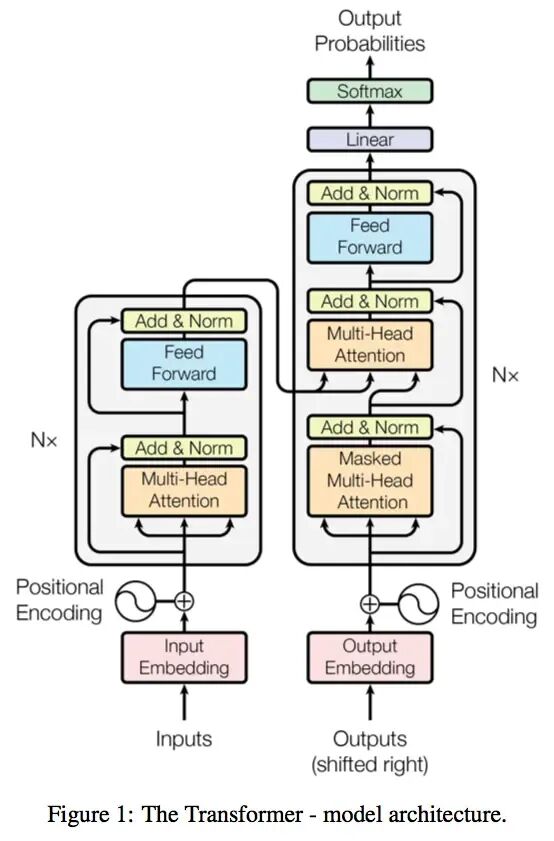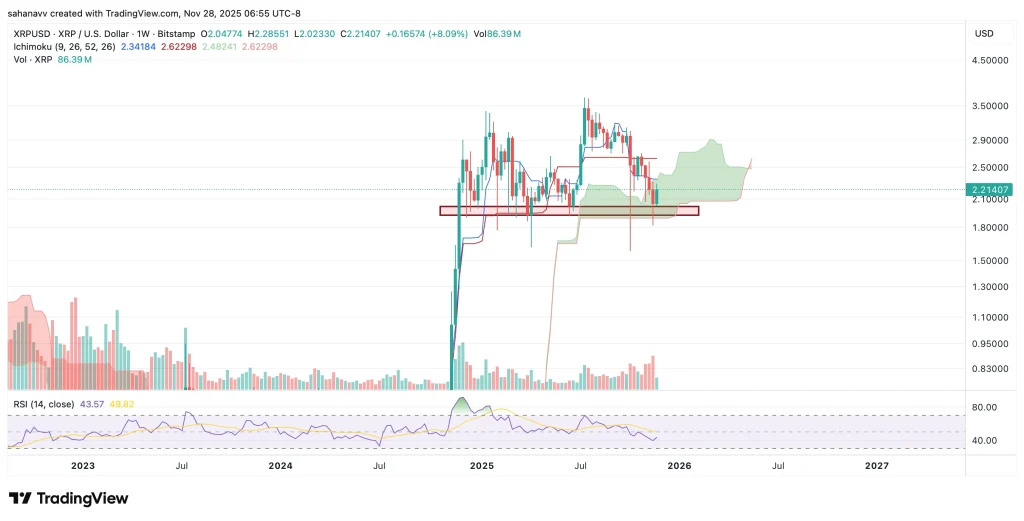The European Banking Authority (EBA) proposed requiring banks in the EU to reserve 1,250% capital for operations involving BTC or ETH and up to 250% for stablecoins. These new requirements will become mandatory for all banking institutions in the European Union after approval by the European Commission.

Paris, France by Sami Mlouhi
The EBA published a draft Regulatory Technical Standards (RTS) setting out how banks should account for risks when dealing with cryptocurrencies. The document complements the CRR III provisions that came into force in July 2024 and are currently in a transitional period until clear regulations are approved.
According to the RTS, the highest capital charges will apply to crypto-assets without intrinsic value or backing. Regulators demand 1,250% reserve coverage by banks for such digital assets as BTC or ETH. This requirement means that banks must fully cover such positions with their own funds, making investments in these assets economically unfeasible. For tokens backed by fiat currencies or other assets, the reserve requirement can be reduced to 250%, provided extra liquidity and issuer control conditions are met.
The document also states that mutual offsetting of positions between different cryptocurrencies, for example between Bitcoin and Ethereum, isn’t allowed. Banks may only net opposite positions such as buy and sell within the same asset. This restriction limits the ability to reduce capital requirements by balancing portfolios.
The accompanying documentation includes technical parameters for calculation methods covering credit, market, and counterparty risks, as well as requirements for modeling and aggregating positions. “The rules aim to address implementation aspects and will ensure harmonisation of the capital requirements on crypto-asset exposures by institutions across the EU,” the EBA said in a statement.
The document will be submitted to the European Commission for approval. If no objections arise from the European Parliament and the Council of the EU, the standards will come into effect by late 2025.
Last year, the EBA approved special guidelines for compliance with sanctions for payment service providers (PSP) and crypto-asset service providers (CASP).



